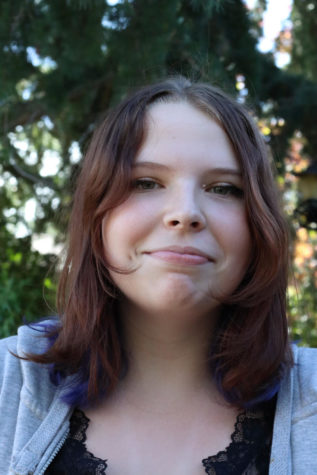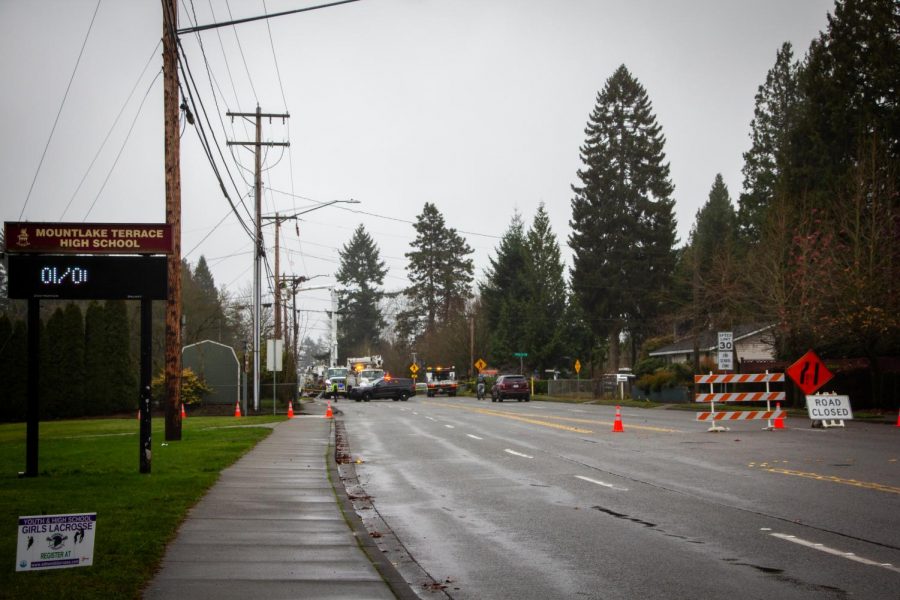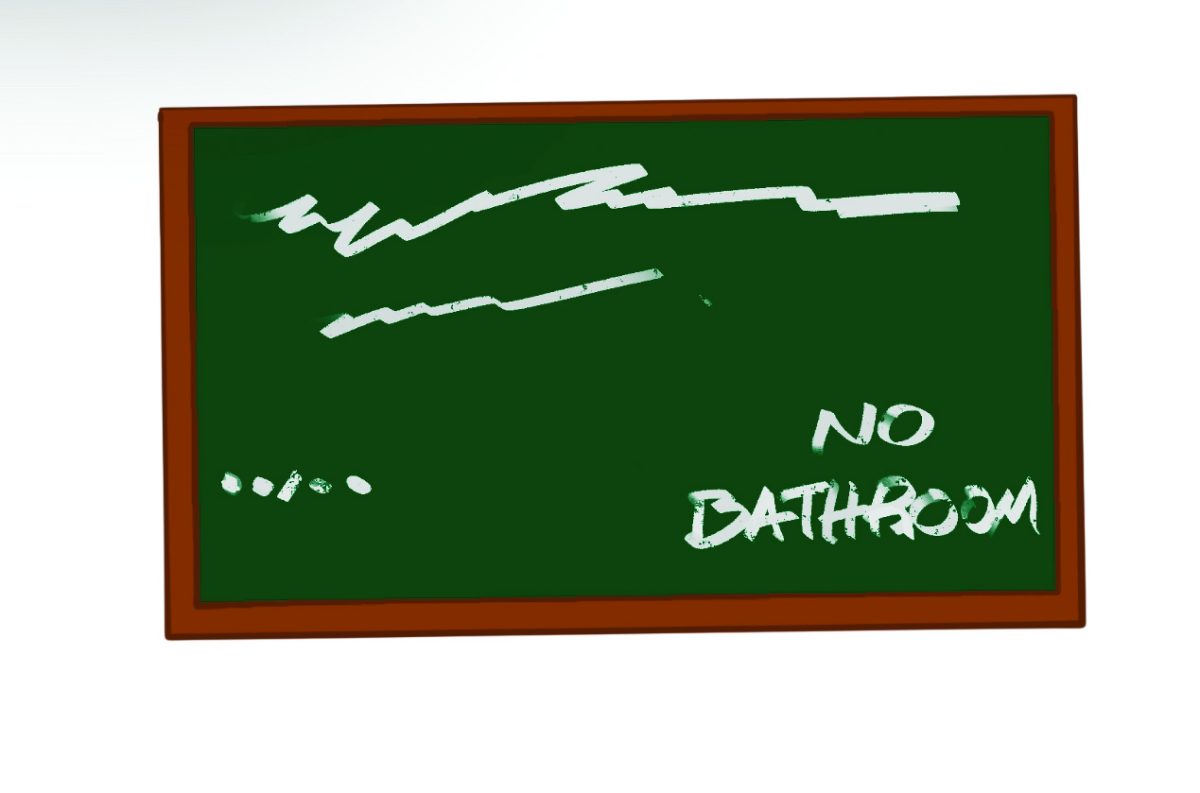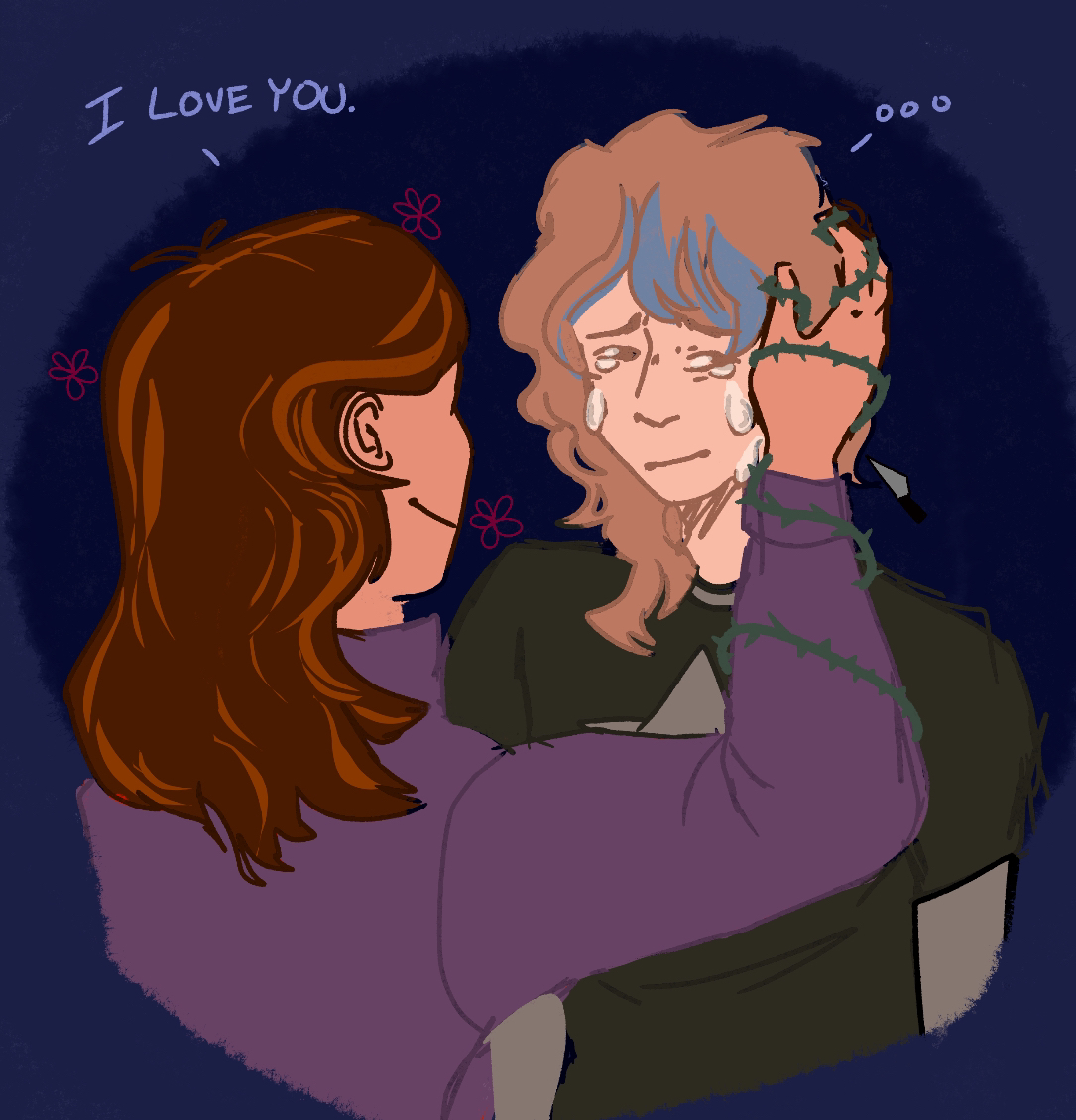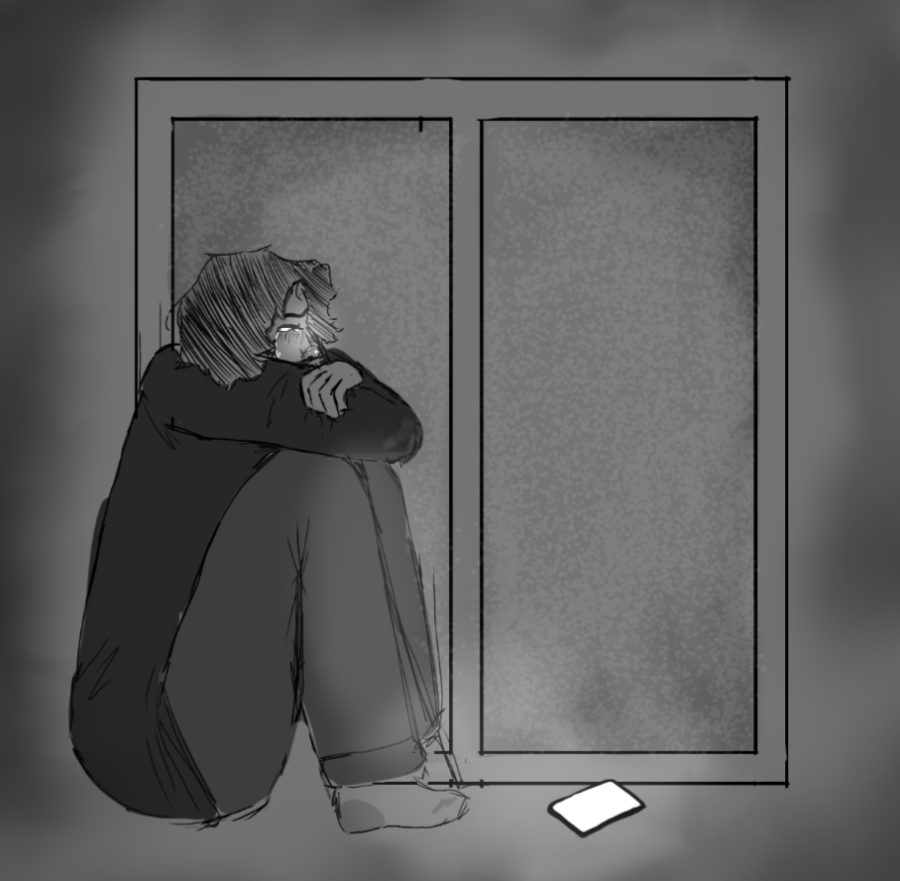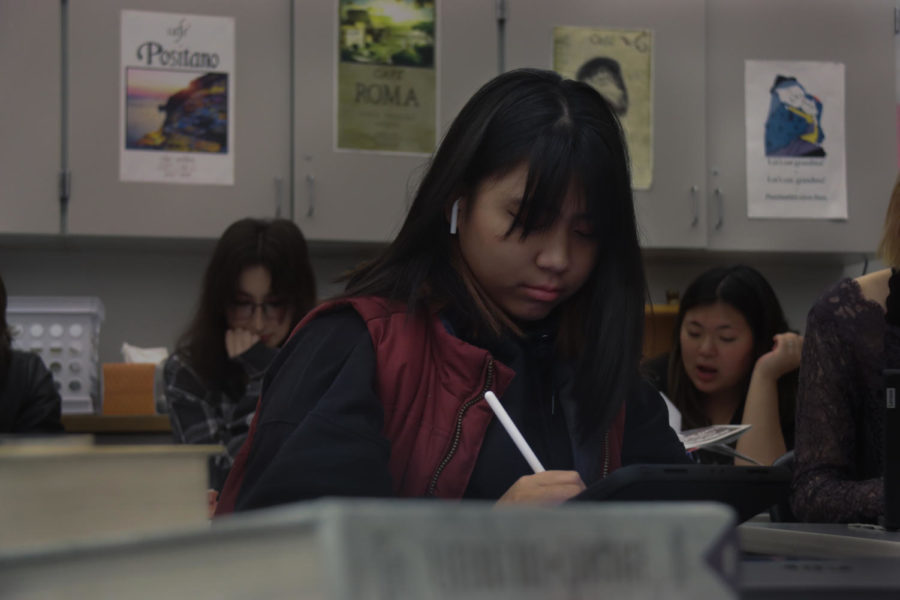Tuesday, July 15, 2008. 911 received a call from Cindy Anthony, Casey Anthony’s mother, reporting her daughter on suspicion that she had stolen a car and money from the family. This was the start of the Casey Anthony case, where she would soon be taken to court for the accusation that she had killed her daughter, 2-year-old Caylee Anthony.
After the police received the first call, Cindy called in again after hearing from her daughter. Casey claimed that Caylee had been kidnapped by her nanny, Zenaida Fernandez-Gonzalez. At this point, Caylee had been missing for 31 days and Casey had only just then brought attention to the supposed kidnapping. The problem with this faulty accusation is that “Zanny the nanny,” as nicknamed by Casey, had never babysat Caylee, or even existed at all. Casey had made up the story and never addressed why she lied.
In the following months, a police search began in hopes of finding Caylee. While looking into the details of her disappearance, they stumbled upon interesting information from Casey’s past: she had seven criminal counts including first-degree murder, for which she had pleaded not guilty.
Eventually, 2-year-old Caylee Anthony was found dead. Her remains were wrapped in a blanket inside of a laundry bag and dumped in a wooded area near the family home. This was devastating. About two years after the initial findings, Casey was finally brought to trial in the case of Anthony v. State, where she was being tried for first-degree murder, aggravated child abuse, aggravated manslaughter of a child, and four counts of false information to police.
Evidence that came out after Casey’s conviction also became publicly available. Forensic evidence results came back from the car Casey had stolen from her parents. It showed that a hair strand found in the trunk was microscopically similar to one found on Caylee’s brush, along with characteristics of decomposition.
Considering the trial and evidence compounding against Casey, it seemed that she was clearly guilty of the murder of her child and would be locked up for a fair amount of time, but she wasn’t. Casey Anthony was sentenced to only one year in county jail and $1,000 in fines for four misdemeanor charges. How did this happen?
When reviewing Casey’s court trial, there is an obvious difference between how the prosecution attempted to convince the jury she was guilty and how the defense worked to clear Casey of the many charges. Jose Angel Baez, a skilled criminal defense lawyer, was defending Casey Anthony. He was so persuasive, in fact, that he convinced the jury she was innocent and got Casey out of conviction. It was clear that Drane Burdick, the prosecuting attorney, believed it would be an open-and-shut, one-sided trial. With media coverage and evidence stacked against Casey, who could blame her? If it were a different lawyer defending Casey, the prosecution’s presentation would likely have worked.
He wasn’t just any lawyer, however. Baez’s skill was evident throughout the trial and from his track record of representing high-profile defendants, such as Aaron Hernandez, Katelyn Roman and Harvey Weinstein. His ability to subtly appeal to the jury’s emotions was outstanding, with a strong opening statement and counter-argument blaming Caylee’s death on an accidental drowning in the family pool. He did an exceptional job creating doubt within the jury, and ultimately placed the blame of the trial on Casey Anthony’s father, George Anthony. Even with barely any physical evidence to support his argument, through manipulative techniques and a weak prosecution, Baez won over the jury. This left Casey Anthony with a short sentence and lenience that should have never been rewarded to her.
It’s astonishing how impactful persuasion and manipulative tactics can be, and no one is exempt. Even a jury in a high-profile case, the pressure of the whole nation expecting them to be unbiased, bought into the emotional arguments that Baez had used. It’s so important for people to take a step back and be able to identify and separate facts from emotions, especially in a situation where judgment makes such a difference. To this day, true justice for Caylee Anthony, a toddler with her entire life ripped away from her, has never been served.



